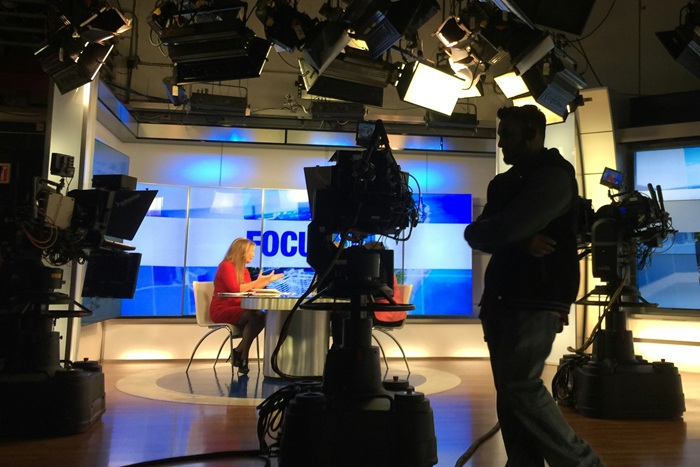BBC plans to end traditional terrestrial broadcasting during the 2030s and offer all content exclusively via internet streaming. This transition is part of a national plan to ensure that no one is excluded from access to broadcasting, which is why the BBC is developing its own easy-to-use streaming device. The device is designed to make the transition easier for less tech-savvy viewers, especially older people and rural residents. The streaming platform will allow viewers to watch live and on-demand broadcasts of all major British channels in one place. The transition to streaming will not be sudden, but gradual, and will take several years.
The transition to online broadcasting poses a number of challenges, particularly for the older population and rural residents, who may have limited access to the internet or insufficient technical equipment. The government and the BBC are aware of these risks and are preparing information campaigns and technical solutions to ensure that no one is left without access to content. According to estimates, up to 5% of British households, representing around 1.5 million people, could experience problems with the transition. The BBC and the government are therefore emphasising the need to ensure internet access and financial assistance for vulnerable groups. It is also crucial to maintain free access to public service content.
Oneplay is not just a streaming service, but the future
The Nova media group, part of PPF, has been working for a long time to remain the leader not only in the television market, but also in the streaming market. The steps taken by the individual branches of PPF cannot be considered random. Through its advertising campaigns, O2 has long portrayed itself as a stable and strong operator that will revolutionise fast mobile internet and 5G coverage for the Czech population. This goes hand in hand with investments by the CETIN group in the construction of optical networks, which are gradually expanding to other parts of the Czech Republic.
While viewers often do not understand why PPF gave up the O2 TV brand in the field of television entertainment or why Nova was able to terminate the well-received Voyo brand, these steps make perfect sense to insiders. Oneplay is not just a brand designed to show competitors that PPF is a force to be reckoned with in television entertainment, but a platform that will be television entertainment itself, with everything concentrated in one place. However, we may ask, for example, why PPF has not yet agreed on the distribution of AMC Networks channels, meaning that stations such as Sport 1 and Sport 2 are missing from the offer (formerly O2 TV).
Terrestrial broadcasting is still a necessity
If Nova could, it would have left terrestrial broadcasting long ago. However, it is not currently in a position to do so, precisely because DVB-T2, or rather the entire terrestrial platform, is very strong in the Czech Republic. Nova secured an advantageous position here in the past when, years ago, Digital Broadcasting effectively built a new multiplex for it. Yes, today's DVB-T2 multiplex 24 does have other customers, but it is an indisputable fact that Nova has all its thematic clones located here in addition to the Nova Cinema station. The main station has been broadcast in both networks in parallel for many years.
Nova is promoting the Oneplay service in its broadcasts, which is already becoming the number one streaming platform in the country. And not just in broadcasting! Just turn on the HbbTV menu on any channel where Oneplay has several tiles dedicated to it. However, PPF's plans are currently being thwarted by what we might call the technological readiness of Czech households. Complaints from those who have problems with the service, such as complete malfunction, playback errors and more, are unmistakable in discussions. The fault may lie with the connectivity itself or, for example, with the incorrectly programmed application for the platform itself. But the viewer does not know this, and why should they even care?
Efforts to phase out DTT are also underway in other countries
The BBC's plan to end traditional terrestrial broadcasting and switch to internet streaming is currently rather exceptional in Europe, but some other countries are already considering or partially implementing similar steps. In Switzerland, for example, terrestrial digital broadcasting was discontinued at the end of 2019, when the country became the first in Europe to abolish this form of distribution without a direct replacement, as only a small percentage of households used it. Cable and internet services have become the main alternatives.
In Ireland, the public broadcaster Saorview plans to gradually replace current terrestrial television with streaming solutions, emphasising the availability of content for all groups of the population. Similar trends can also be observed in Belgium and the Netherlands. Overall, the BBC's plan is part of a broader European trend towards reducing the importance of terrestrial broadcasting. However, the UK is one of the few countries planning this transition to fully streamed content as an official national strategy with a clear timeframe and support for vulnerable groups.
Source: mediaguru.cz

